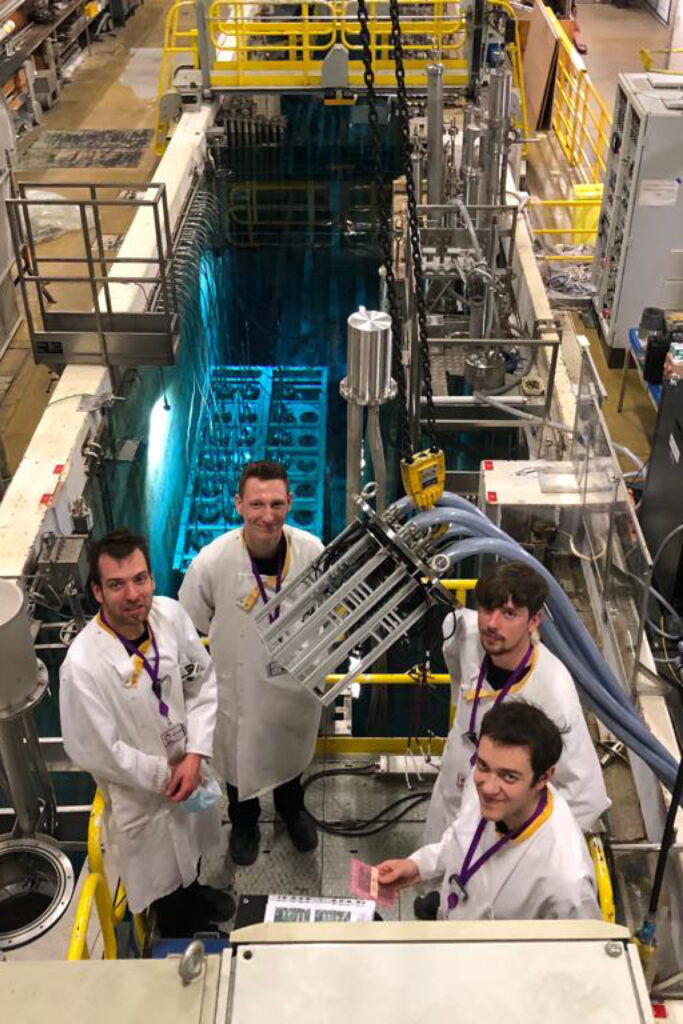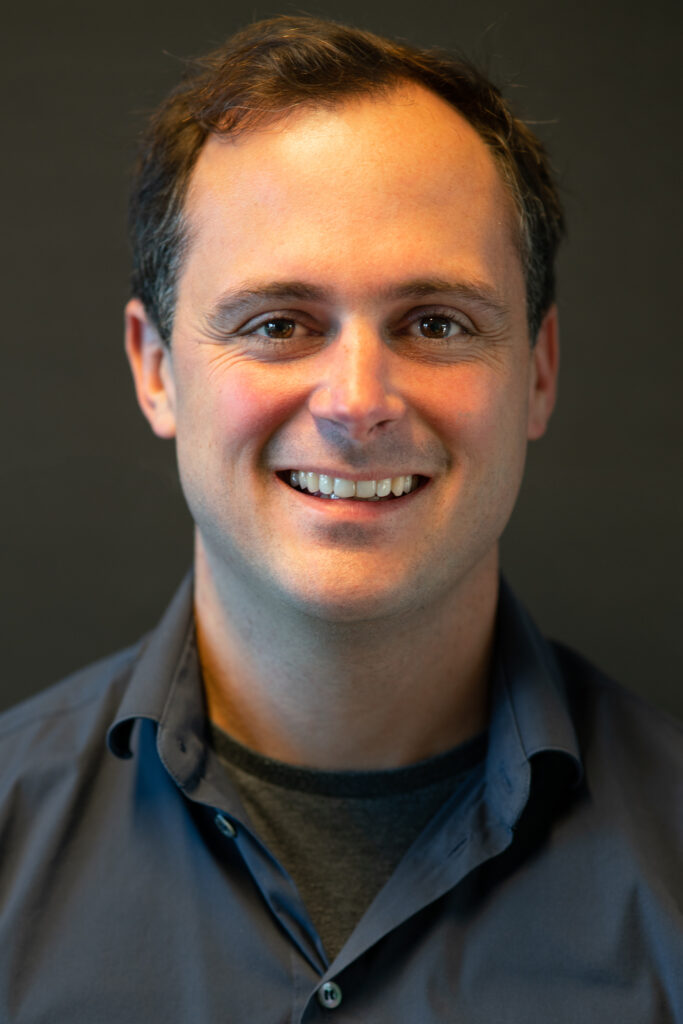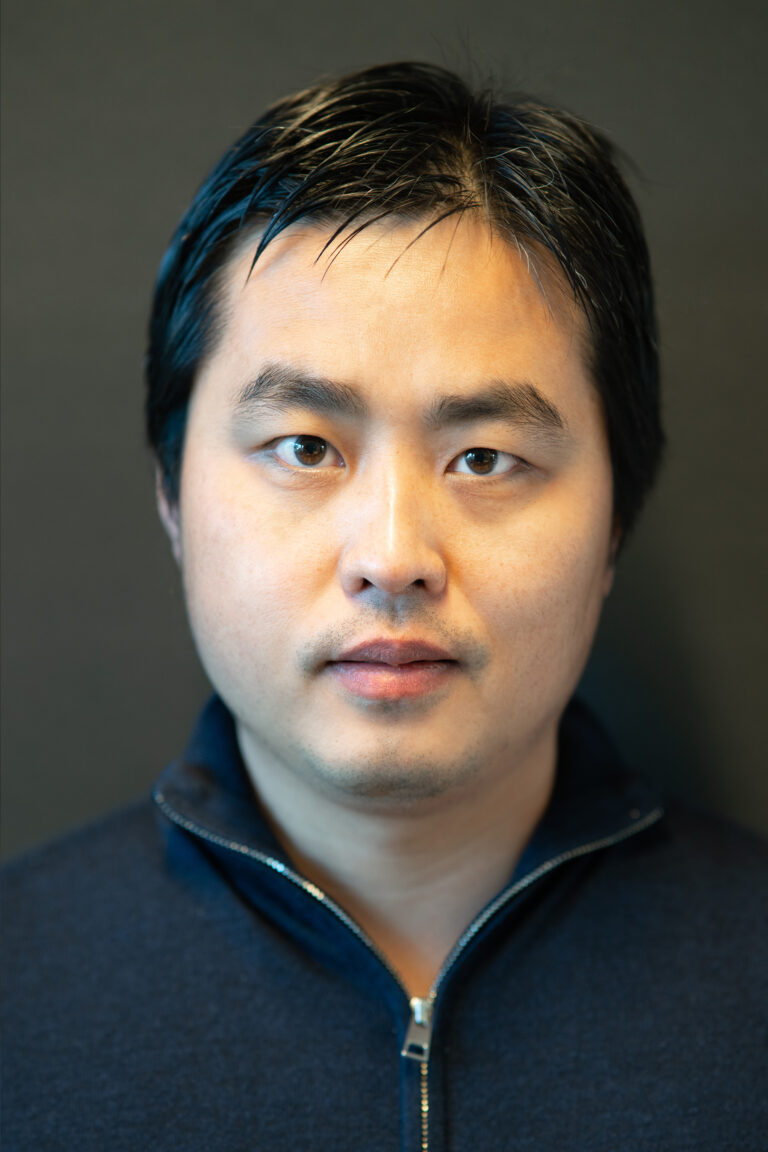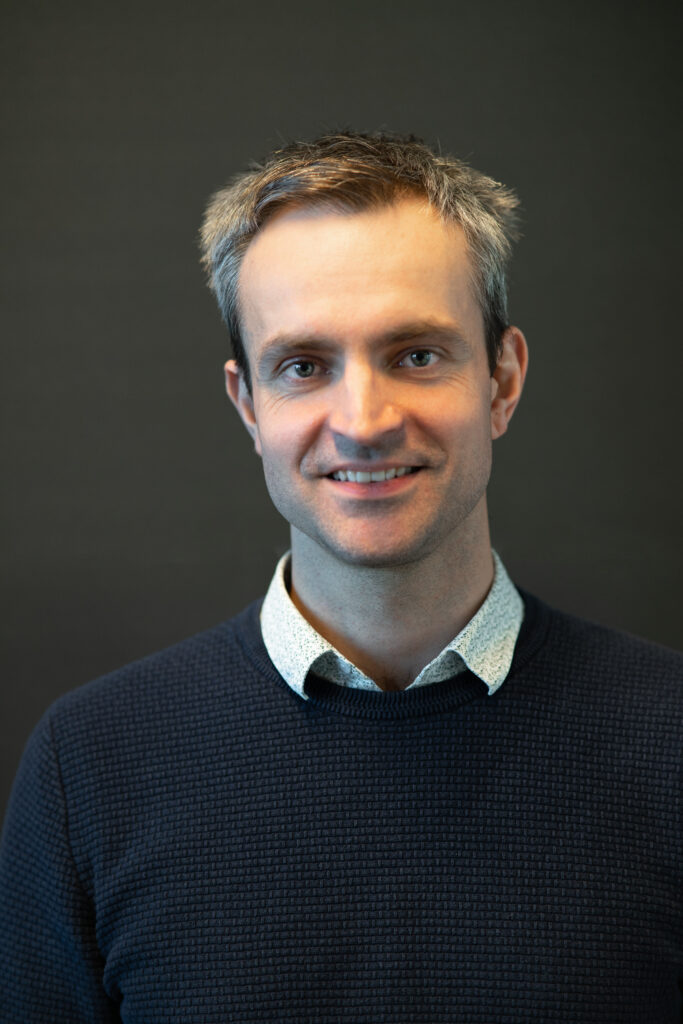Magics at a glance
Magics Technologies is a spin-off company from KU Leuven (BE) (Europe’s most innovative university ranked by Reuters, 2020) and SCK•CEN (the largest research institute in Belgium for nuclear technologies, nuclear medicine, and astronautics). It is a European fabless semiconductor company that provides high-reliability, high-performance, fault-tolerant, and radiation-hardened chips for the space, nuclear energy, aerospace, and defense markets. The company’s solutions are designed for use in next-generation mission-critical intelligent systems, including robotics, remote handling systems, drones, satellites, and aircraft.
Magics envisions a future where High-Reliability semiconductors act as catalysts in fostering innovative clean energy solutions, leading interplanetary exploration, and enhancing technologies that safeguard our democratic values. Our mission is to harness advanced digital technologies to empower individuals in the harshest environments, paving the way for secure and dependable clean energy resources, pioneering deep-space discoveries, and promoting a resilient and sustainable future.
At Magics we have successfully implemented a Radiation-Hardening-by-Design (RHBD) flow in the creation of several high-reliability and radiation-hardened product lines, namely, the Vision series, the AI series, the Motion series, and the Time series. Additionally, the company has new product developments planned in the pipeline to further support its growth and establish itself as a European market leader in high reliability semiconductor chips.
Our products enable advances in cutting-edge system and payload solutions for emerging space applications like 5G/6G satellite communication, real-time earth observation, space mining, and deep space exploration. It can also increase satellite service life with our high-reliability components, reducing the need for costly replacements. For our customers in the nuclear industry, our solutions enable more efficient inspection and remote handling tools which help reduce power plant downtime during maintenance and repair; address obsolescence challenges of electronics components faced by power plants while performing lifetime extension to combat energy crisis; enable next-generation nuclear power technologies such as Fusion and Small Modular Reactors.
Magics supports blue-chip companies like ENGIE, Veolia Nuclear Solutions, Ansaldo, and DEME, in addition to working with research organizations and international projects such as ESA, Fusion For Energy and ITER.

"Go where
no electronics
have gone before"
Jens Verbeeck
Chief Executive Officer
Our values
1.
The future
is interplanetary
2.
Energy drives us forward
3
Teamwork adds value
4.
Dangerous operations should be safe for humanity
5.
Striving for a sustainable world
6.
R&D will enable the exploration of new worlds and the sustainability of our own
Management
Board of directors
Board of advisors
We are currently hiring
Discover outstanding job and career opportunities. Join a great team. Apply today!
We are currently hiring
Discover outstanding job and career opportunities. Join a great team. Apply today!


